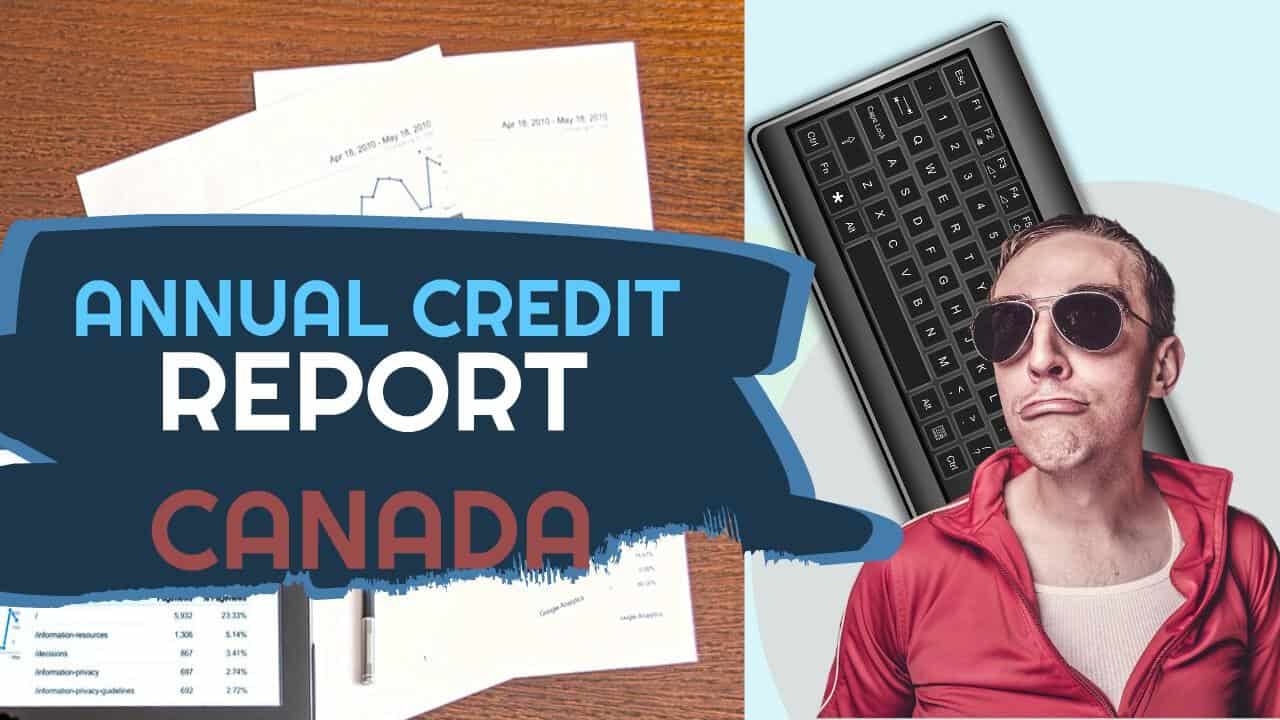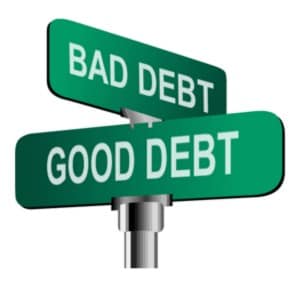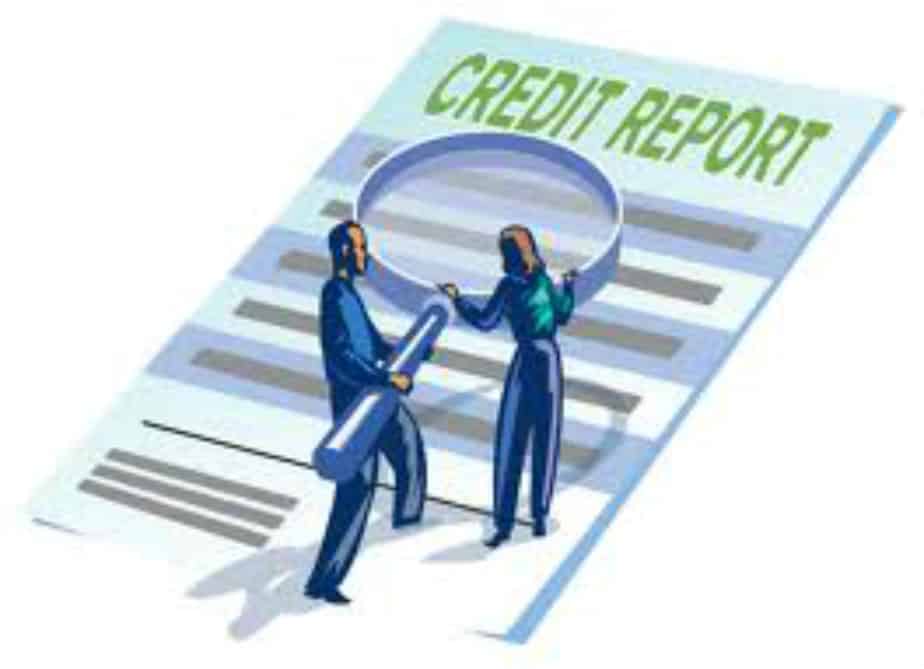We hope that you and your family are safe, healthy and secure during this COVID-19 pandemic. Ira Smith Trustee & Receiver Inc. is absolutely operational and Ira, in addition to Brandon Smith, is readily available for a telephone consultation or video meeting.
Credit card for rebuilding credit: Introduction
Money mistakes in the past can negatively impact your credit score and your ability to qualify for a loan or obtain a good interest rate. Fortunately, there is hope. Bad credit scores can be improved in Canada by the use of perseverance and some time. You might even qualify for a credit card for rebuilding credit in Canada.
This Brandon Blog shows you how to take control of your finances, including learning how to use a credit card for rebuilding credit to improve your credit rating.

A credit card for rebuilding credit for people with bad credit is not your first step
Getting a copy of your credit report is the best way to determine which areas need improvement when it comes to repairing your credit. How many late or missed payments have you had in the past? The credit bureaus can report past due utility payments, outstanding cell phone bills, and old parking tickets. Have you exceeded your debt utilization ratio? Did you experience bankruptcy in your past?
Could your credit report be inaccurate? This is something that needs to be brought to the creditor’s attention so that they can fix the problem and revise their reporting. As an alternative, you can provide proof to the two credit reporting agencies in Canada, so that each can correct the error.

A credit card for rebuilding credit Canada is not your next step either
Now that you know your debts need to be addressed, you need to figure out how to get your payments in order. You need to develop smart spending and saving habits to rebuild your credit score. One of the best ways to do this is to create a budget that reflects your income and expenditures. In my Brandon Blog, I have written extensively about the importance of household budgets. Budgets are essentially a plan for how you will spend your money. Following a budget will help you with having normal and current payment activity.
Getting comfortable with not overspending and living within your means should become a habit. You don’t have to give up every nice dinner or outing just because you have a budget, but you do have to be aware of how much income you have available to spend and save after taxes. This will allow you to be able to make all necessary payments on time.
Next, you must establish better credit history through consistent payments. Your payment history is the most important factor in determining your credit score, so if you’ve fallen behind on your payments – or haven’t been paying on time – your credit situation is unlikely to improve until you catch up on your accounts. Without improving on this, you cannot fix a poor credit score. Spoiler alert – making only the minimum payment each month against your regular credit card is not keeping current on that debt.
If you cannot pay your overdue accounts right now, call up your creditors. Maybe you can negotiate a special repayment plan that fits your budget. Cut your debt as much as possible. Credit utilization ratios are very important. If your various types of credit, such as credit card balance, line of credit, or overdraft are used more than three-quarters of your available credit, that will bring down your credit score.
With time, patience, and financial discipline, building a better credit history and credit score – even rebuilding credit after bankruptcy – can be done. In the beginning, you may need to only use cash, and preferably not your debit card, for all of your necessary everyday purchases. Put your credit cards away to avoid temptation. Knowing that if you do not follow your budget you will run out of money is a strong motivation to stay on track when you only take out the amount of cash your budget says you can afford to spend.
One of the first steps to rebuilding credit with a credit card might be to lock each traditional credit card away and not use them!

Prepaid Credit Cards vs. Secured Credit Cards: What’s the Difference?
Prepaid cards are sold at many retail locations, such as grocery stores and pharmacies. A service fee is charged when you load money onto the card and when you use it. So not all the money you load onto the card is applied to your purchases. Whenever you do buy something with this kind of credit card, the dollar amount of your purchase is deducted from your cash balance.
You can still get a prepaid credit card without having a good credit score. That is because by getting this type of card, you are not applying for or getting credit from anyone. To load it, you use your own money. To put money onto a prepaid card you can: (i) transfer money from your bank account onto the card; or (ii) give cash to the clerk who will add it to the card at the store that sold it to you.
Prepaid cards are not credit cards in the traditional sense, so they won’t help you build credit or repair credit. In the same vein, it is not a credit card for rebuilding credit.
One of the requirements of a secured credit card is that you need to pay a cash deposit. Once the deposit is made, the credit limit is equal to the amount of the deposit. The security deposit that you pay is collateral held onto by the credit card issuer in return for the credit they are extending to you. If you don’t repay your balance on time, the credit card company can use this security deposit to pay off your debt. Once you have paid the security deposit, you can use the secured credit card.
The normal size of payment of security deposit typically varies from $500 to $10,000. You can get a secured charge card if you do not get approved for a standard unsecured credit card. Those with a poor credit history looking for a credit card for rebuilding credit will certainly find a charge card of this kind beneficial. Secured cards do not require a credit check because the financial institution is protected by the down payment. Consequently, you are practically certain to be authorized.
You will boost your credit rating as you make purchases and repay your full balance outstanding every month with this type of card. It is because the issuer of the secured credit card is really giving you credit. Your balances as well as payment history are reported frequently to the two credit bureaus in Canada. You can enhance your credit score over time by making your full regular monthly payments when due. Any individual aiming to use a credit card for rebuilding credit should seriously look into getting a secured credit card.

Credit card for rebuilding credit: Secured credit cards vs. unsecured credit cards
There are differences between secured cards and unsecured credit cards. An unsecured credit card is a routine charge card that can be made use of day-to-day as much as the credit limit allows. The issuer of these types of traditional charge cards makes a hard credit check inquiry right into your credit report when you apply for one. An unsecured card does not need a down payment. An unsecured charge card normally has a higher credit limit, and some credit card companies offer with their unsecured cards benefits like cashback, price protection, a better interest rate on purchases or travel points.
You can ask if your secured card can be turned into an unsecured one after an amount of time (and your security deposit returned). I would say that a reasonable time period would be six months to a year of making consistent payments on time as well as staying within your credit line. You have to demonstrate that you can handle credit properly.
Credit cards, both secured and unsecured, report your activity to the credit bureaus. If you use the card responsibly, you can build or rebuild your credit. Look around carefully to find the right credit card for your financial and credit score situation that will help you rebuild your credit. Secured, unsecured, low-interest rate, travel benefits and even guaranteed approval credit cards are available from many financial institutions in Canada.
Picking the ideal credit card for rebuilding credit is really crucial. While some bank cards have an annual cost, others do not. You must constantly check out the fine print in the contract when picking a credit card. I wish you great success in your financial journey.

Credit card for rebuilding credit: Summary
I hope you found this credit card for rebuilding credit Brandon Blog post informative. Are you worried because you or your business are dealing with substantial debt challenges and you assume bankruptcy is your only option? Your situation may be so dire that a redone budget and a secured credit card may not be enough of an answer. If it is too much debt for any reason, call me. It is not your fault that you remain in this way. You have actually been only shown the old ways to try to deal with financial issues. These old ways do not work anymore.
The Ira Smith Team utilizes new modern-day ways to get you out of your debt difficulties while avoiding bankruptcy. We can get you the relief you need and so deserve.
The tension put upon you is big. We know your discomfort factors. We will check out your entire situation and design a new approach that is as unique as you and your problems; financial and emotional. We will take the weight off of your shoulders and blow away the dark cloud hanging over you. We will design a debt settlement strategy for you. We know that we can help you now.
We understand that people and businesses facing financial issues need a realistic lifeline. There is no “one solution fits all” method with the Ira Smith Team. Even though we are licensed insolvency trustees, we have found that not everyone has to file bankruptcy in Canada. The majority of our clients never do. We help many people and companies stay clear of bankruptcy.
That is why we can establish a new restructuring procedure for paying down debt that will be built just for you. It will be as one-of-a-kind as the economic issues and discomfort you are encountering. If any one of these seems familiar to you and you are serious about getting the solution you need, contact the Ira Smith Trustee & Receiver Inc. group today.
Call us now for a no-cost consultation. We will get you or your business back up driving to healthy and balanced trouble-free operations and get rid of the discomfort factors in your life, Starting Over, Starting Now.

We hope that you and your family are safe, healthy and secure during this COVID-19 pandemic. Ira Smith Trustee & Receiver Inc. is absolutely operational and Ira, in addition to Brandon Smith, is readily available for a telephone consultation or video meeting.








